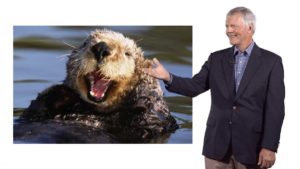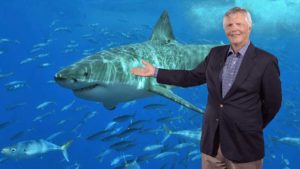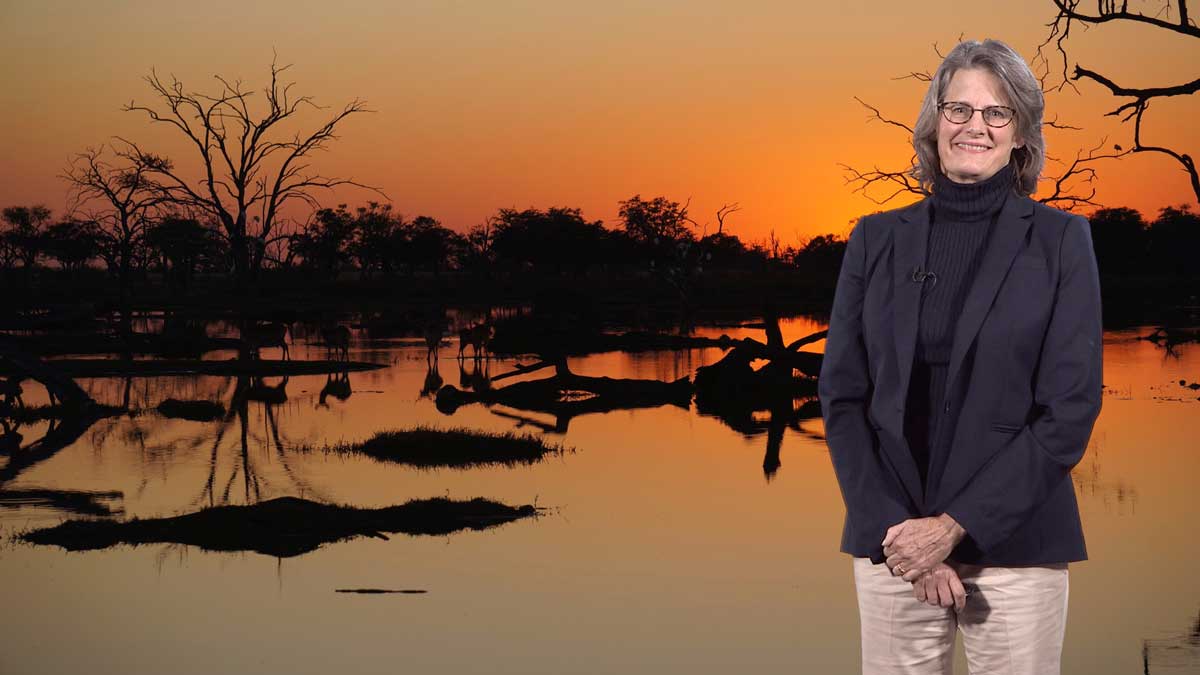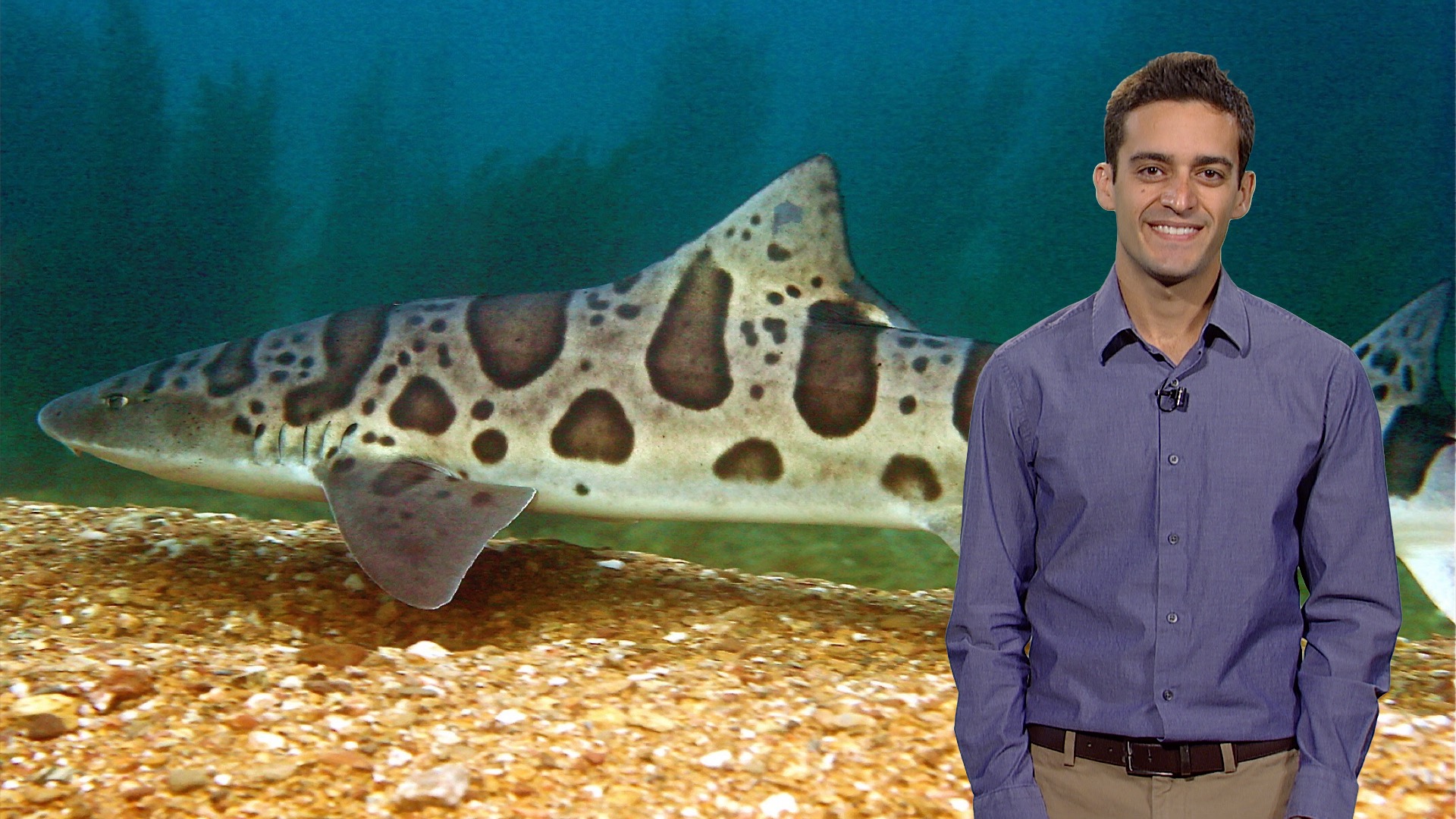Talk Overview
A food web is a network of linked consumer-prey interactions. The apex predators in food webs are typically large animals that feed on other species but have no predators themselves. In his first lecture, Dr. James Estes goes over concepts that can be used to understand the effects of apex predators on their environment. To investigate these interactions, scientists look for “perturbations” that result in a change in the number of apex predators. Perturbations could be due to natural events such as disease, or human activities such as hunting. By comparing ecosystems with or without apex predators, ecologists can determine the direct and indirect impact of these animals on their environments.
In the second lecture, Estes explains the ecological role of sea otters in coastal ecosystems. By studying a simplified food web that includes sea otters (as apex predators), sea urchins, and kelp, he and his colleagues found that as otter populations increase, urchin numbers decrease and, consequently, kelp becomes more abundant. Kelp is a foundation species providing habitat and food for many other organisms. In addition, kelp undergoes photosynthesis, which removes atmospheric carbon dioxide. Thus, sea otters, through their food web or trophic interactions, can have huge economical and environmental consequences!
For his third lecture, Estes discusses studies of apex predators in three different ecosystems around the world: grey wolves in boreal forests, large African carnivores in tropical savannas, and great sharks in coastal estuaries. In all three systems, perturbations of the apex predator population resulted in cascades of trophic interactions with far-reaching and, sometimes unexpected, indirect effects on other species and ecological processes. For example, changes in the number of wolves in Yellowstone National Park impacted both the number of young trees in the park and elsewhere, may be linked to the prevalence of Lyme disease.
Speaker Bio
James Estes

Dr. James Estes is a Professor of Ecology and Evolutionary Biology at the University of California Santa Cruz. He completed his undergraduate degree in zoology at the University of Minnesota, a M.S. in biology at Washington State University, and a PhD in biology and statistics at the University of Arizona. Estes is known for his… Continue Reading












Priyanka Singh says
While it’s true that polar bears, crocodiles, and anacondas are all apex predators in their respective environments, however, hunting strategies are indeed very different. Very interesting read, Thanks